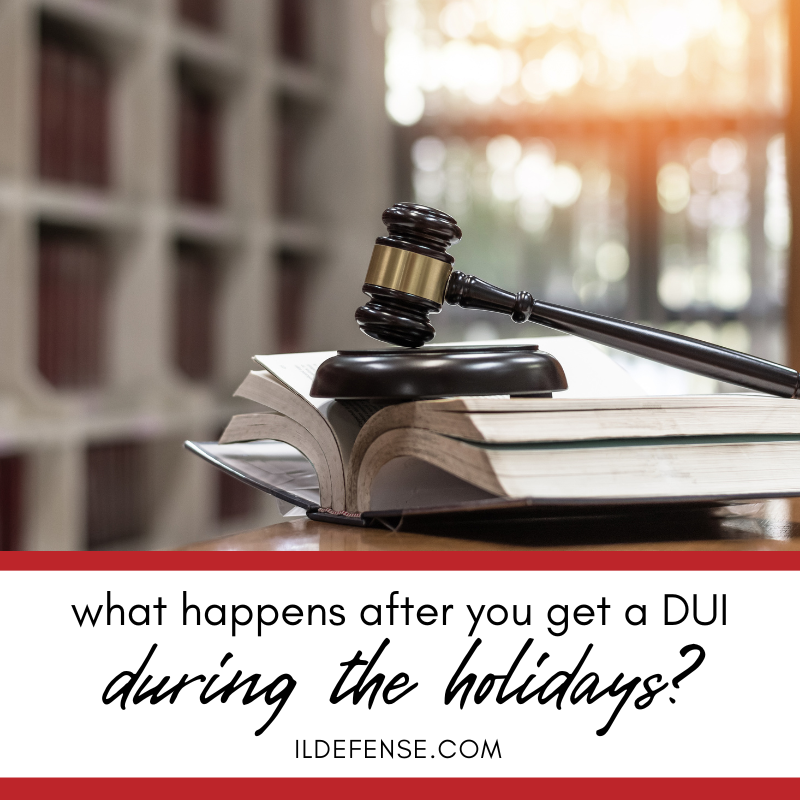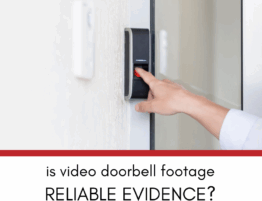
If you were pulled over for DUI over the holidays, you’re probably sweating – what’s going to happen to you now? This guide explains what happens after a DUI arrest in Illinois.
What Happens After You Get a DUI During the Holidays in Illinois?
After you’re pulled over and arrested for DUI:
- You’re formally charged with a crime in court.
- You receive a court date to come back for your trial, which may be a jury or bench trial.
- The judge or jury will determine your guilt. If the court finds you guilty, the judge in your case will sentence you.
Here’s a closer look at each.
#1. You’re Formally Charged With the Crime of Drunk Driving in Court
After you’re charged, the court will set a date for your first appearance in court. This is usually within 30 days of the arrest. During this hearing, you’ll enter a plea of guilty or not guilty.
If you plead guilty, the judge in your case will determine whether to accept or reject your plea. If accepted, the judge could decide to impose a sentence right then and there.
Your attorney may try to work out a deal with the prosecutor at this time. Commonly known as a plea bargain, this agreement can result in a lesser sentence than you would receive if the judge found you guilty after a trial.
#2. You Receive a Court Date to Come Back for Your Trial
If your plea isn’t accepted or if you plead not guilty, the court will then set a date for your trial. This will either be a bench trial, which is presided over by a judge, or a jury trial.
At the trial, both sides will present their cases before the court. This includes evidence and testimonies from any witnesses who may have seen you driving under the influence of alcohol. Depending on state laws, even your own words can be used against you.
The judge or jury will then decide whether or not you’re guilty of the crime.
#3. The Judge in Your Case Will Sentence You
If you plead guilty or are found guilty after a trial, the judge will then determine your sentence. This could include jail time, fines, and other penalties such as license suspension or community service.
The judge also has the authority to reduce or eliminate any sentence you face. This is most likely when your attorney can present compelling evidence of mitigating circumstances or extenuating factors that affected your judgement at the time of the offense.
For instance, if you had been drinking because of a mental health issue or taking medication with side effects that impaired your driving, the judge may be more lenient with you.
Finally, if you are found guilty of DUI during the holidays in Illinois, your attorney can help you appeal your case and file a motion to reduce or vacate your sentence. This is why it’s important to seek legal advice and representation immediately after you’re arrested for drunk driving. Your attorney will help you navigate the court system and protect your rights.
Do You Need to Talk to an Attorney?
If you’ve been accused of a crime, we may be able to help you – and don’t worry: It’s completely confidential. Call us at 847-920-4540 or fill out the form below to schedule your free, private consultation with an experienced and skilled Chicago criminal defense attorney now.
Contact Us
"*" indicates required fields








